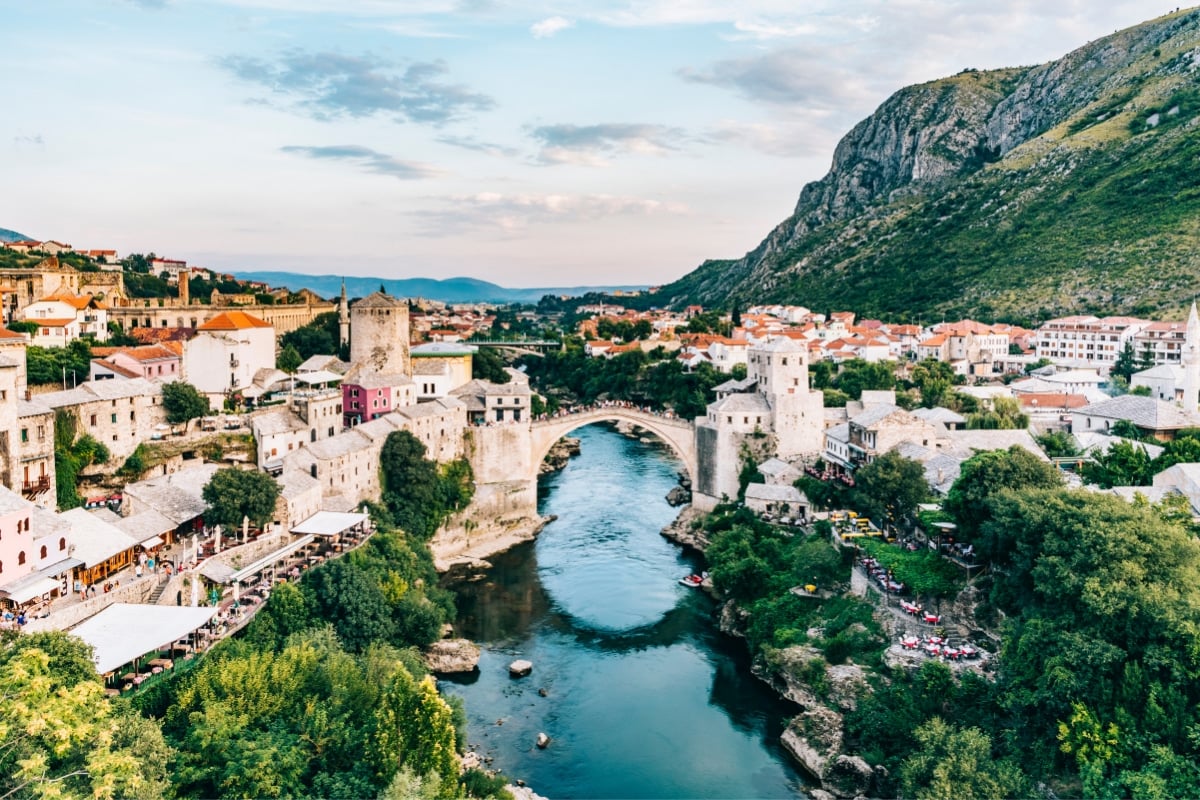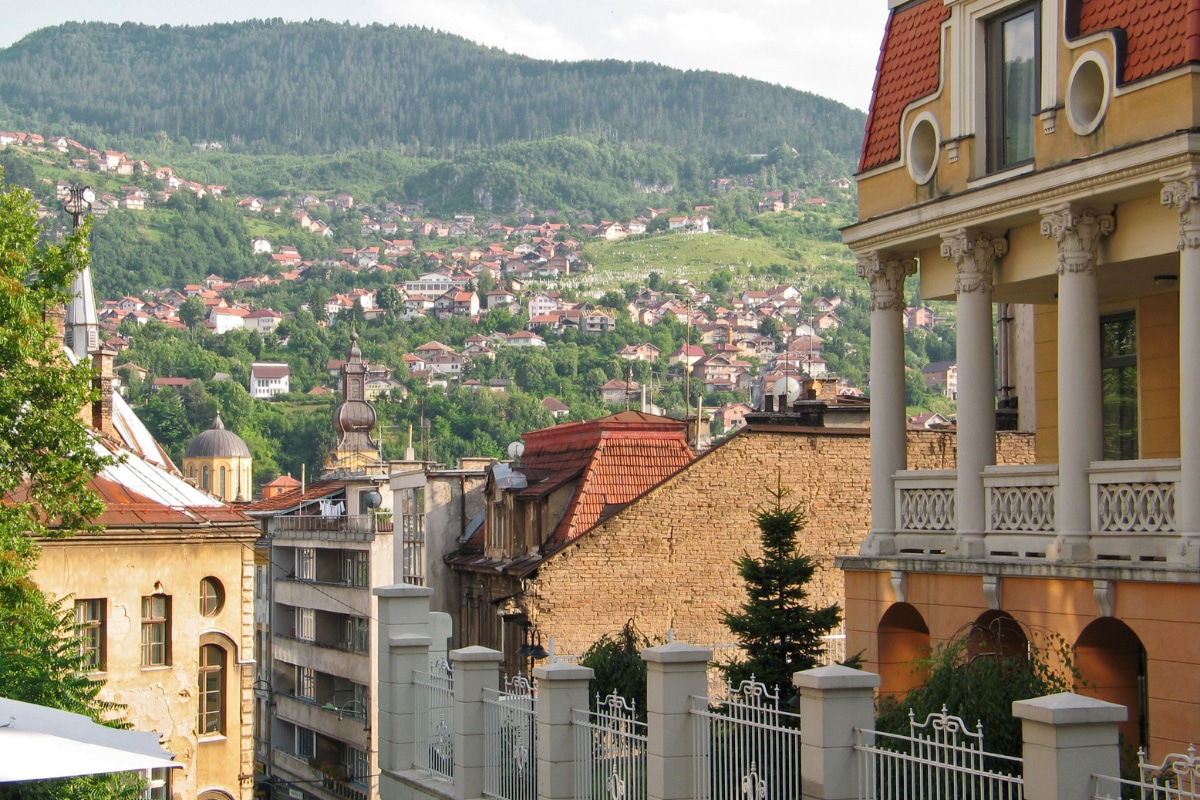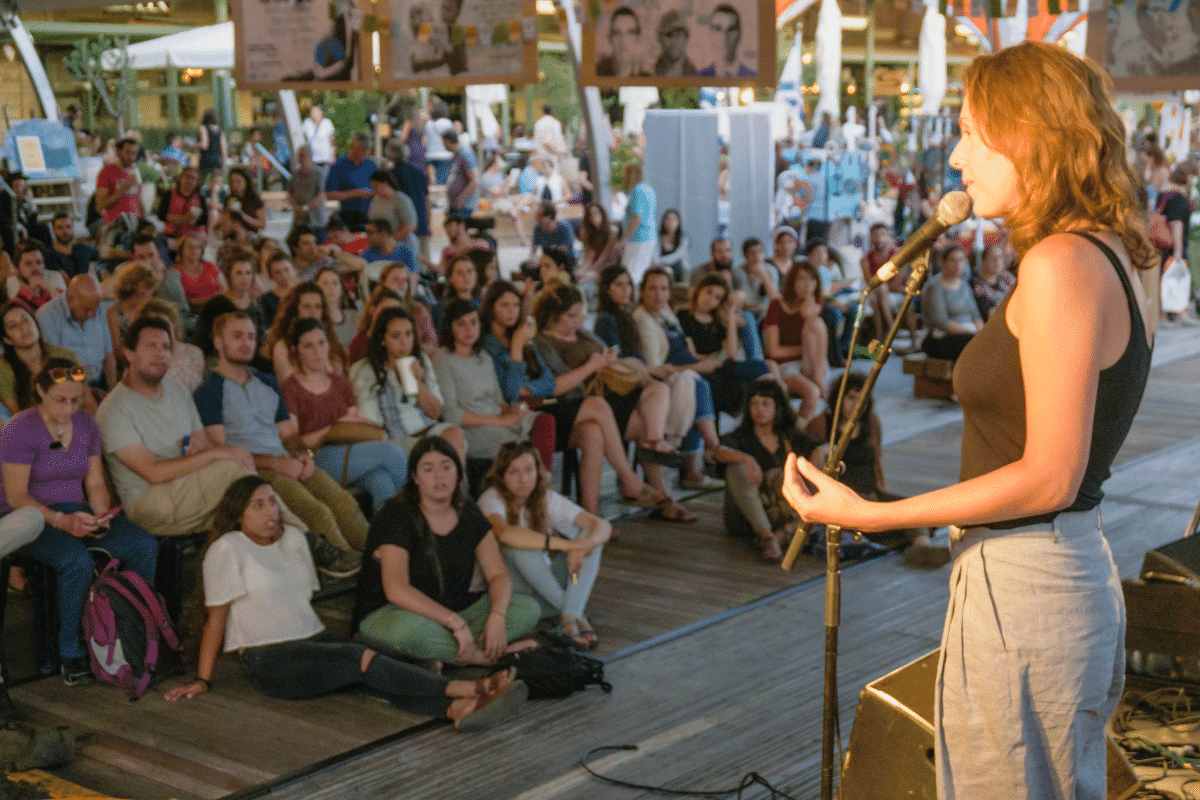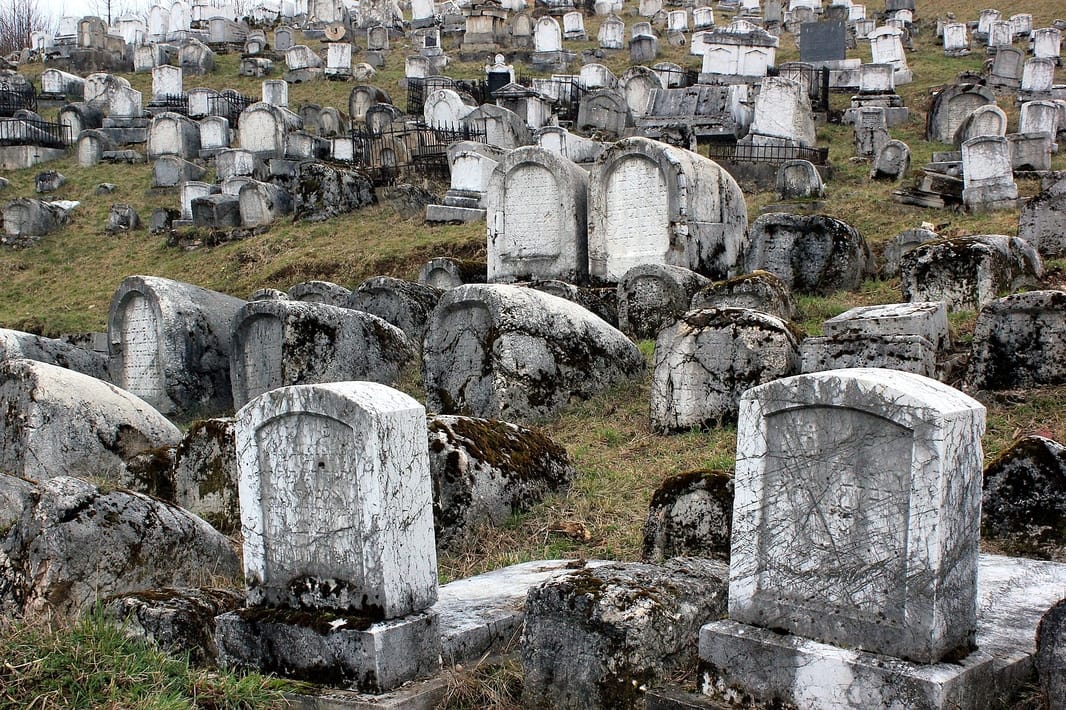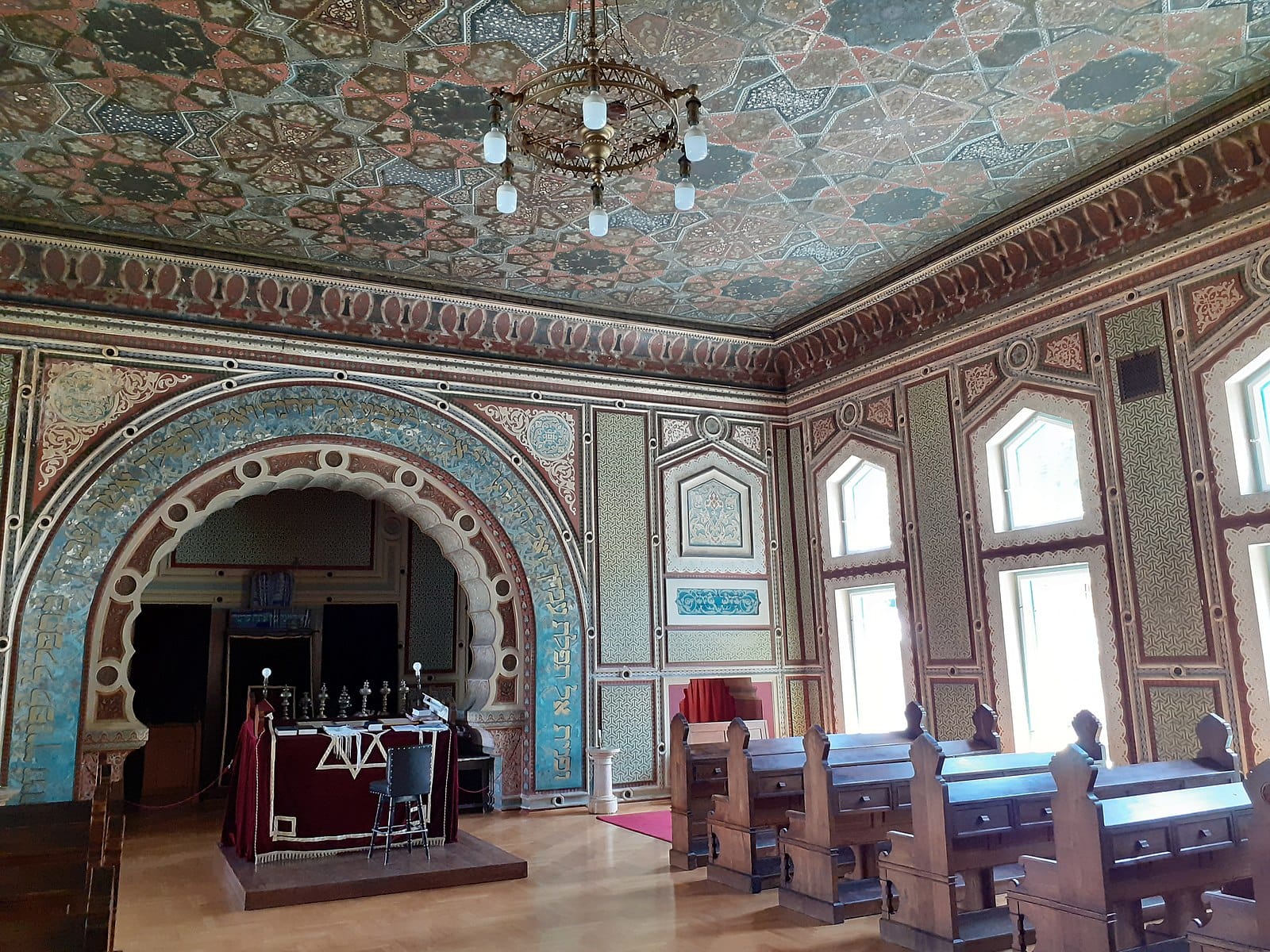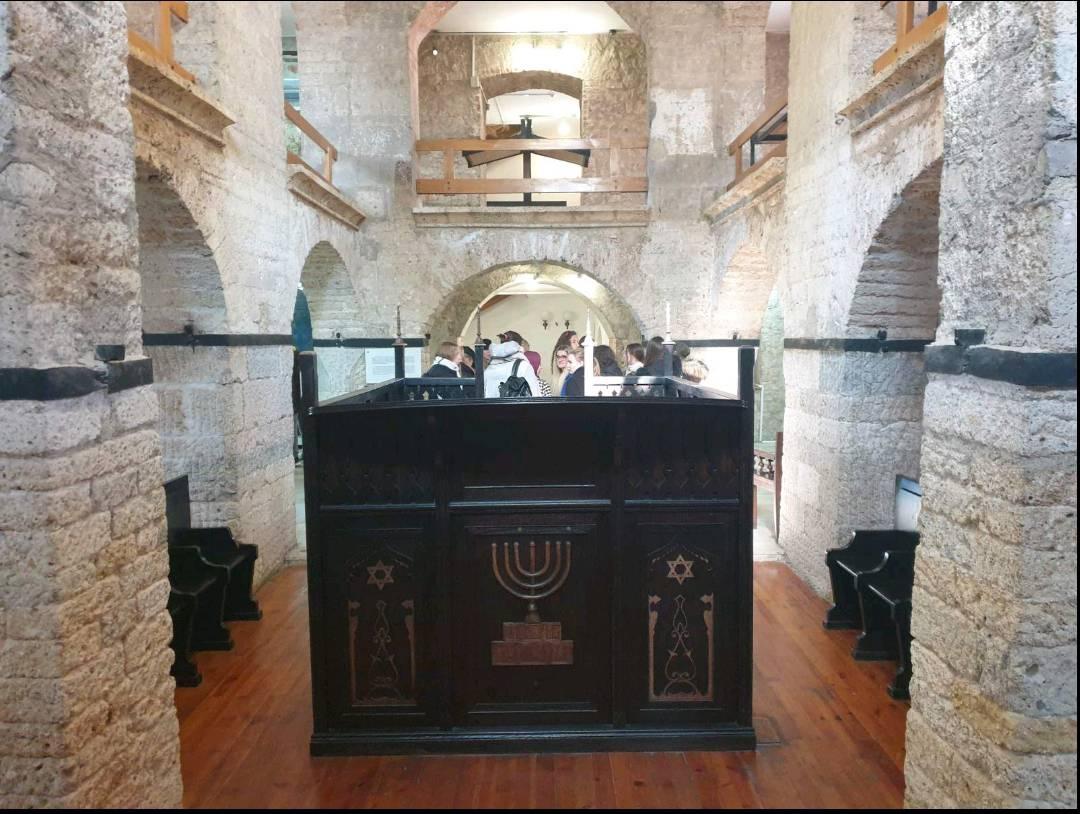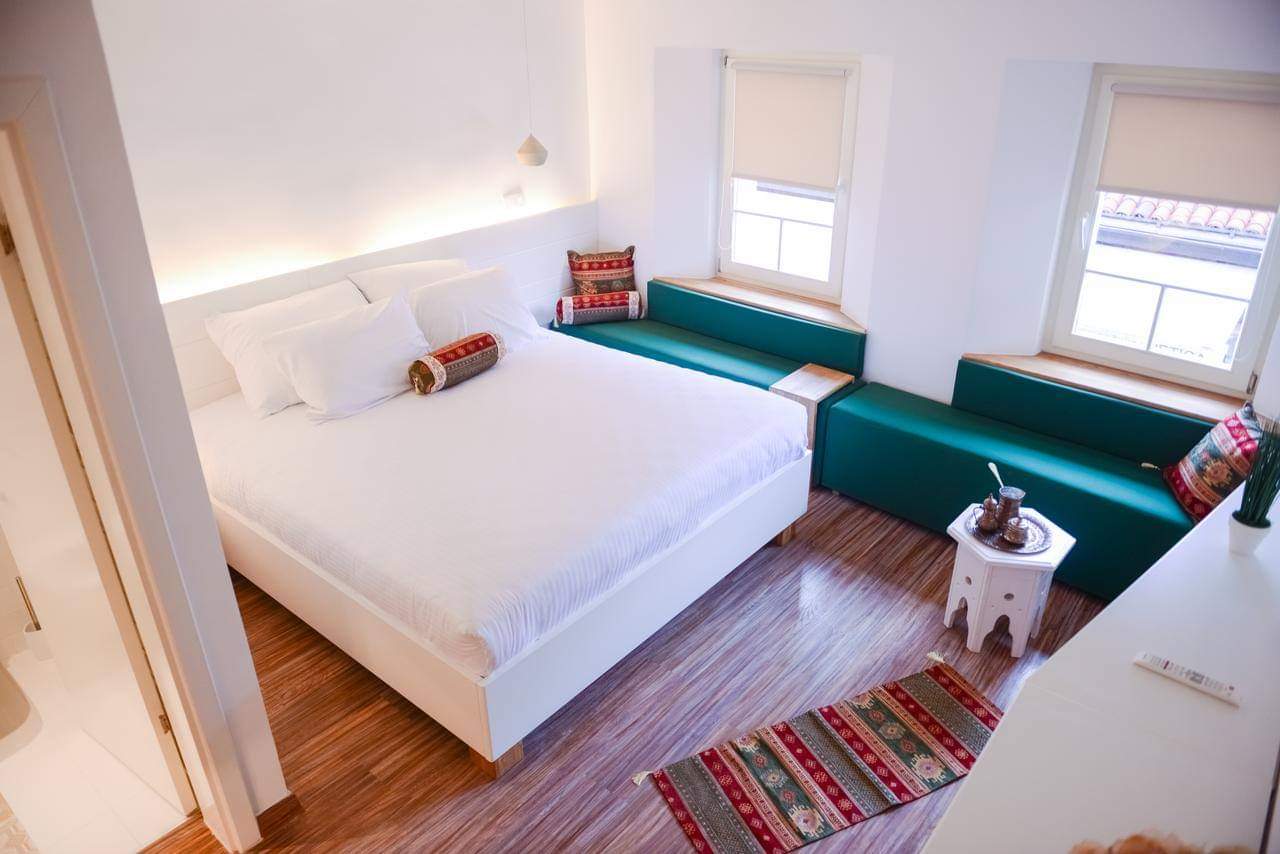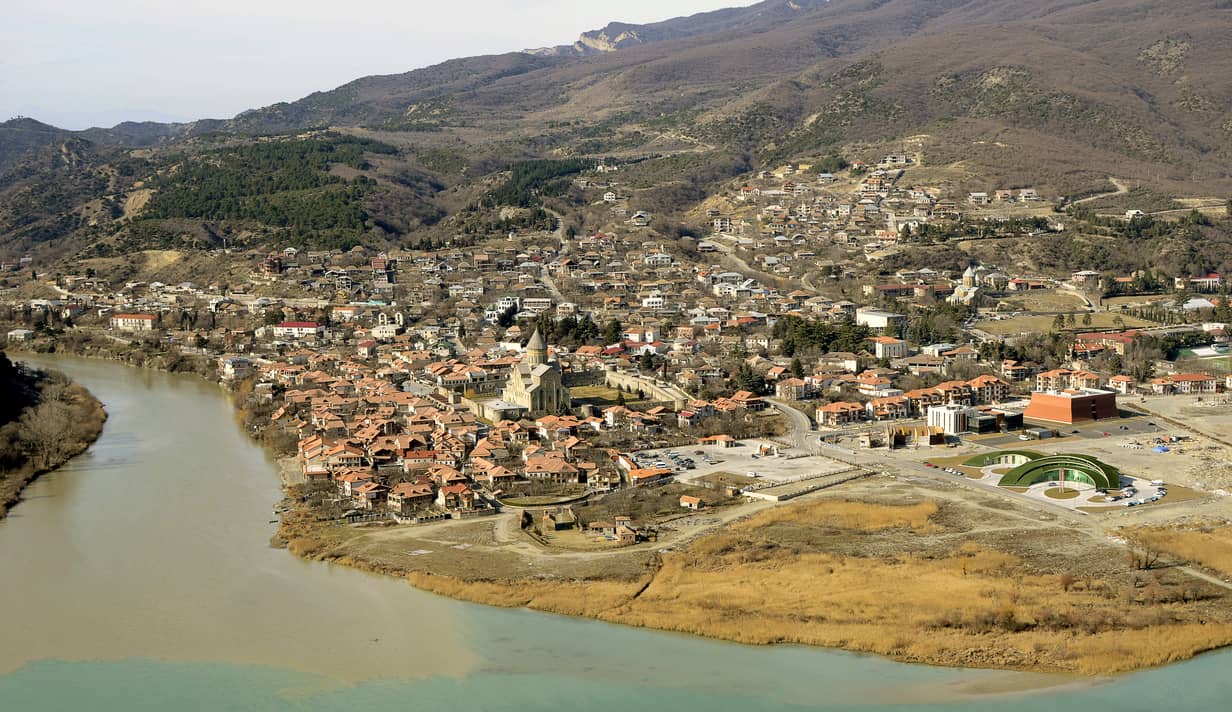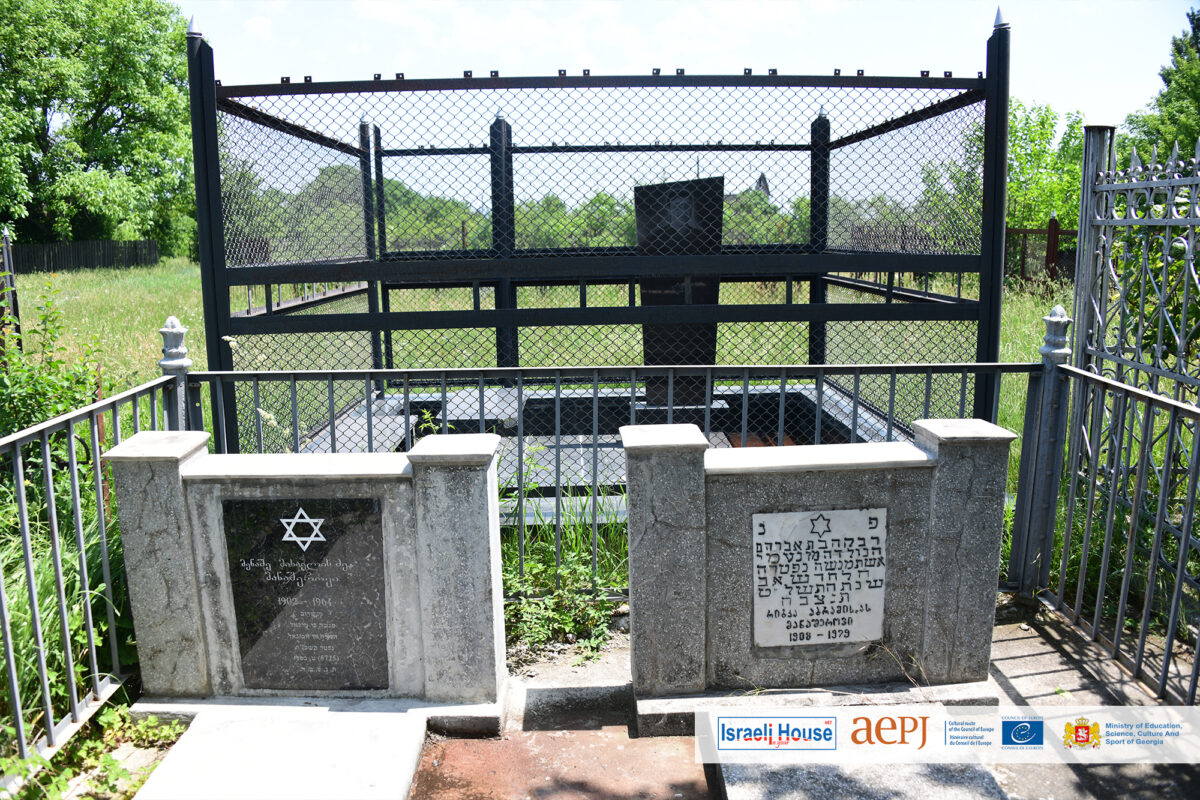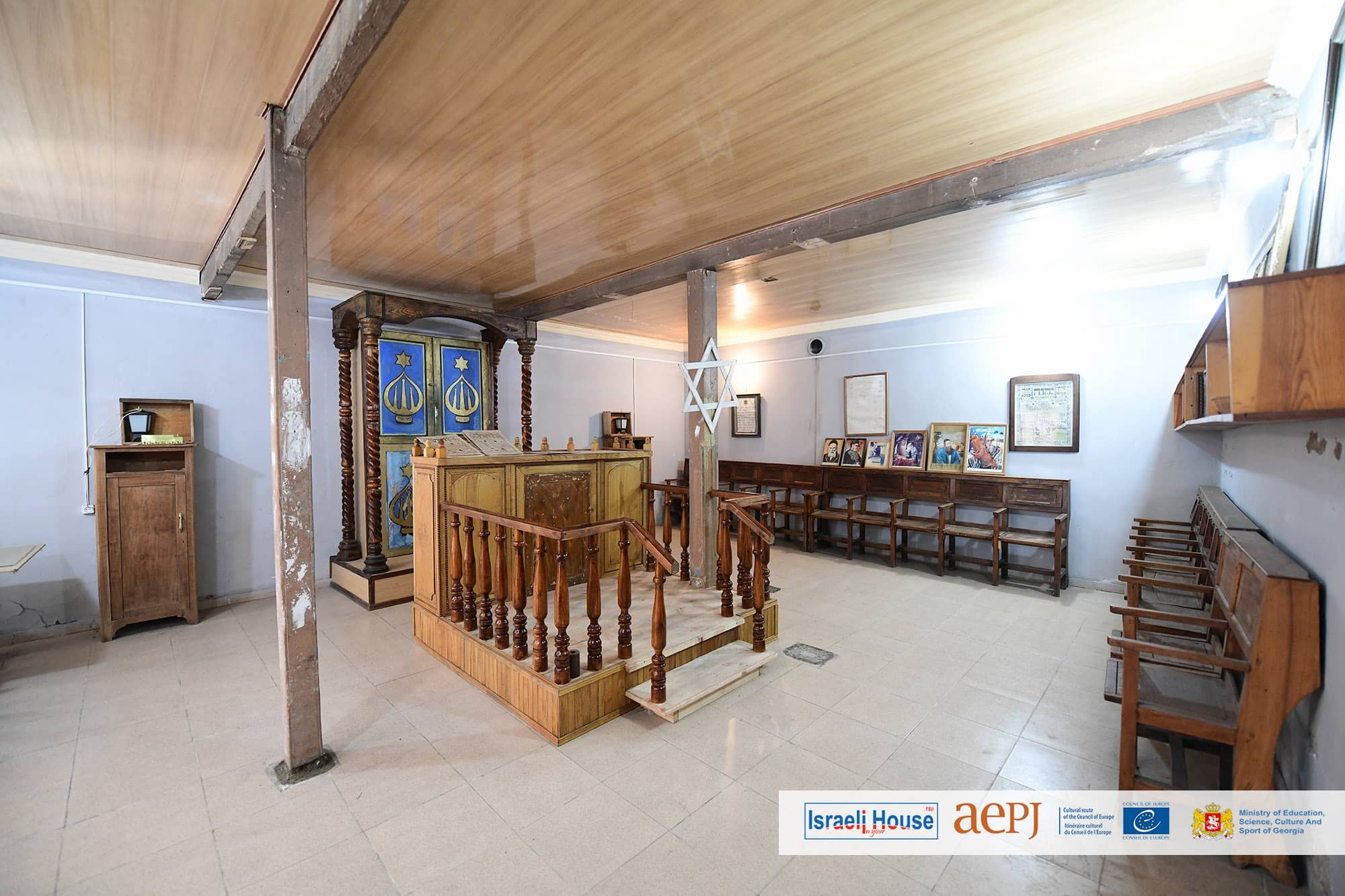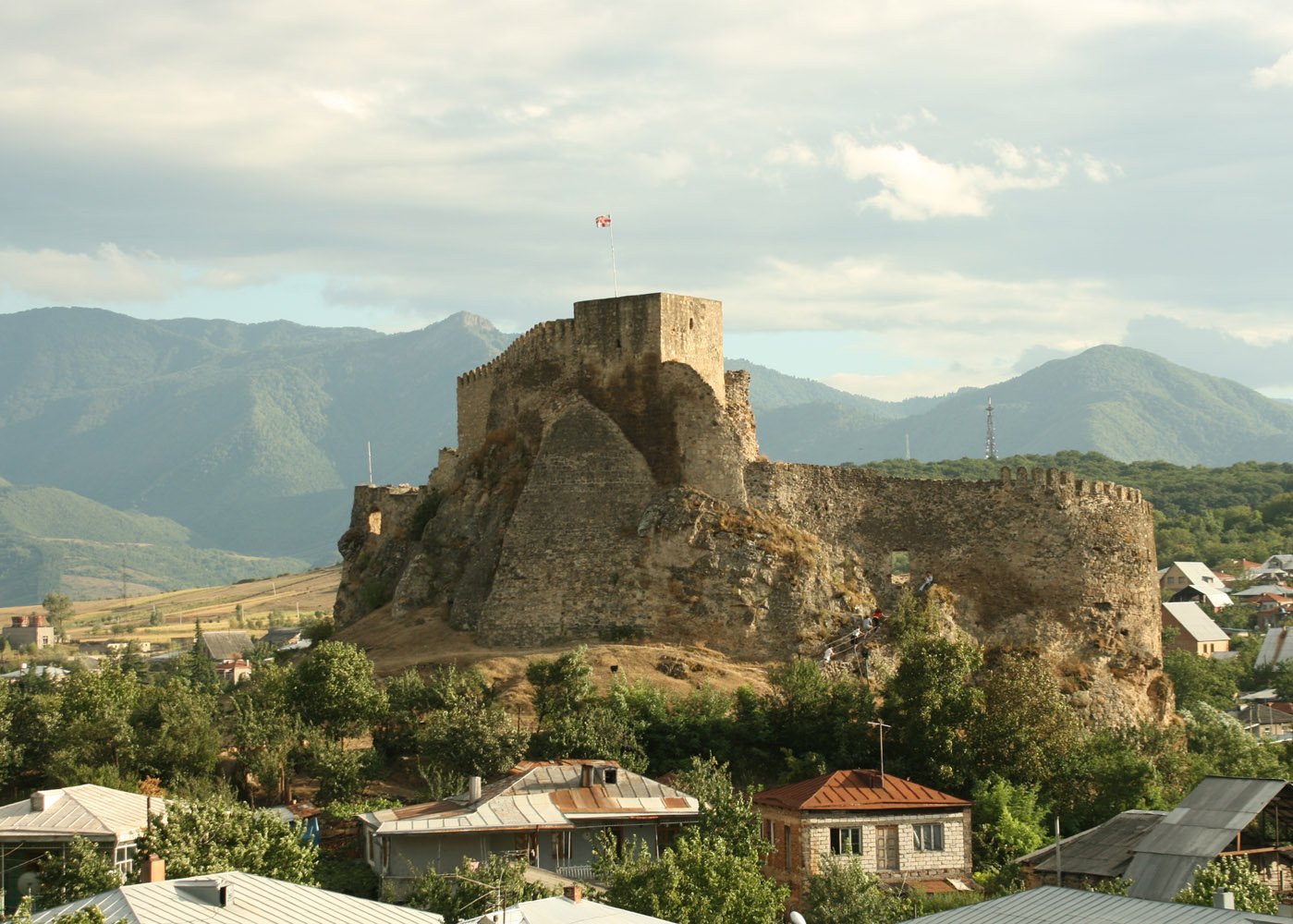Are you looking for an intellectually rich, carefully crafted Jewish tour of Bosnia? We may be able to help. Our Jewish heritage tour of Bosnia serves as the grand opening of our unforgettable journey through the rich Jewish heritage of the Western Balkans. Our 12-day Jewish heritage travel itinerary offers a comprehensive exploration of the rich Sephardic and Ashkenazi culture, history, and traditions of the Jews of former Yugoslavia.
The undisputed star, however, of our Sarajevo Jewish tour — and of our whole Bosnia Jewish tour — has to be the magnificent Sarajevo Haggadah. The gorgeous 14th-century illuminated manuscript is housed at Bosnia’s National Museum and was only recently put on display. You will learn how it was courageously saved from the Nazis by Dervis Korkut, the museum’s Muslim curator. During WWII, Korkut and his wife also saved the life of Mira Papo, a young Sarajevo Jew, and were recognized by Yad Vashem as Righteous Among the Nations. During the Yugoslav wars of the 1990s, as Sarajevo was shelled by Serb forces, Enver Imamovic, the museum director, saved the manuscript by transporting it to the vaults of the national bank.
No less fascinating are the splendid Ashkenazi Synagogue (1902) — doubling as the Jewish community center — and the Old Sarajevo Jewish Cemetery (established in the early 1600s), one of the oldest Sephardic cemeteries in Europe. The rounded shape of the tombstones is one of the unique features of Bosnian Jewish cemeteries. Our Sarajevo Jewish tour also makes stops at the 1930 Sephardic Great Temple (Il Kal Grande), the Sarajevo Menorah monument, and the Jewish high school.
As we leave Sarajevo, our Bosnia Jewish tour follows the route of an annual local Jewish pilgrimage to the grave of Moshe Danon, Bosnia’s celebrated 19th century rabbi, who was at the center of a notable series of events known as the Sarajevo Purim. On our way to rabbi’s Danon’s grave in Stolac, we will also make a stop in beautiful Mostar. The Old Bridge over the Neretva river is one of the most iconic symbols of Bosnia and Herzegovina.
Email us at [email protected] to request a detailed day-by-day itinerary of our Bosnia Jewish tour or send a message through our contact form.
